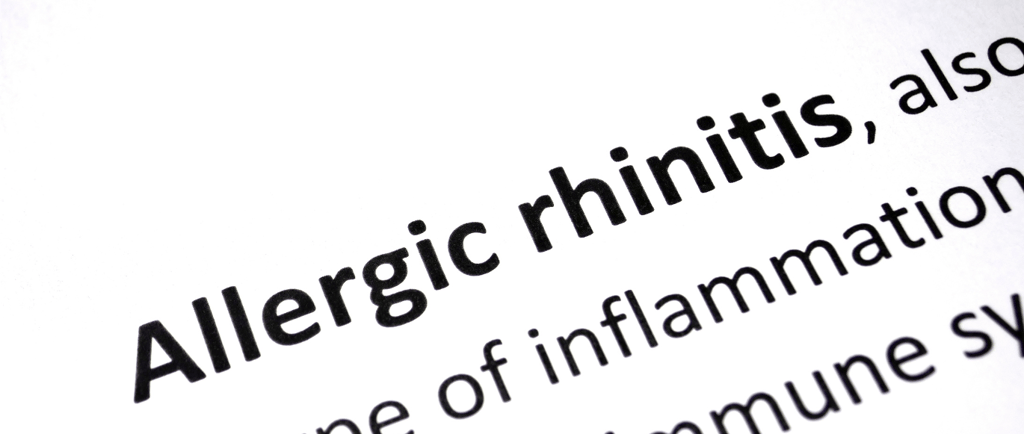How does allergic rhinitis cause nasal congestion?
Understand the mechanisms of allergic rhinitis causing nasal congestion and explore effective allergy medicines for relief.
4/15/20242 min read


Allergic rhinitis, commonly known as hay fever, can turn the long-awaited tree and grass pollen season into a period of discomfort and annoyance for many people. Among the various symptoms, nasal congestion is one of the most common and annoying. But have you ever wondered how an allergic reaction can lead to a stuffy nose? Let's take a look at the mechanisms behind allergic rhinitis and understand why nasal congestion occurs, as well as how allergy medication can provide allergy relief.
The role of allergens
Allergic rhinitis is triggered by allergens – typically harmless substances that the body mistakenly identifies as threats. Common culprits include pollen during the tree pollen season and grass pollen season, dust mites, pet dander, and mould. When these allergens enter your nasal passages, they set off an immune response if you're allergic to them.
The immune response
In response to these perceived threats, your body produces antibodies called Immunoglobulin E (IgE). These antibodies attach to mast cells, which then release histamine and other chemicals into your bloodstream. Histamine plays a significant role in allergic reactions, including nasal congestion.
The effect of histamine
Histamine increases the permeability of blood vessels, causing fluid to leak into the tissues of the nasal passages. This fluid accumulation causes swelling (inflammation) and the sensation of a blocked or stuffy nose. Histamine can also trigger increased mucus production, which further contributes to the feeling of a stuffy nose.
How allergy medicines help
Preventing nasal congestion
Prevention is better than cure! In addition to medication, reducing exposure to allergens can help prevent nasal congestion. Keeping windows closed during high pollen seasons, using air purifiers, and regular cleaning can reduce the amount of allergens in your home environment.
Saline nasal sprays
Saline nasal sprays are a non-medicinal option for relieving nasal congestion. They work by thinning mucus and helping to clear allergens from the nasal passages.
Allergy nasal sprays and pills
Allergy medicines, including allergy nasal sprays and allergy pills, often contain antihistamines, which work by blocking the action of histamine, reducing swelling and mucus production. This can relieve nasal congestion and other symptoms associated with allergic rhinitis.
Prescription nose sprays
For more severe cases, prescription nasal sprays that may contain corticosteroids can be used. These sprays reduce inflammation in the nasal passages more effectively than over-the-counter options.
Allergen immunotherapy
Allergy injections, tablets and drops are a form of allergy treatment that gradually desensitises the body to specific allergens, potentially reducing the severity of allergic reactions over time.
Conclusion
Allergic rhinitis is caused by the body's immune response to allergens, leading to congestion, inflammation and mucus production in the nasal passages. While it can be a source of significant discomfort, understanding how it occurs is the first step towards effective management. With the right allergy treatment and preventive measures, you can minimise symptoms and enjoy clearer breathing, even during peak allergy seasons.
